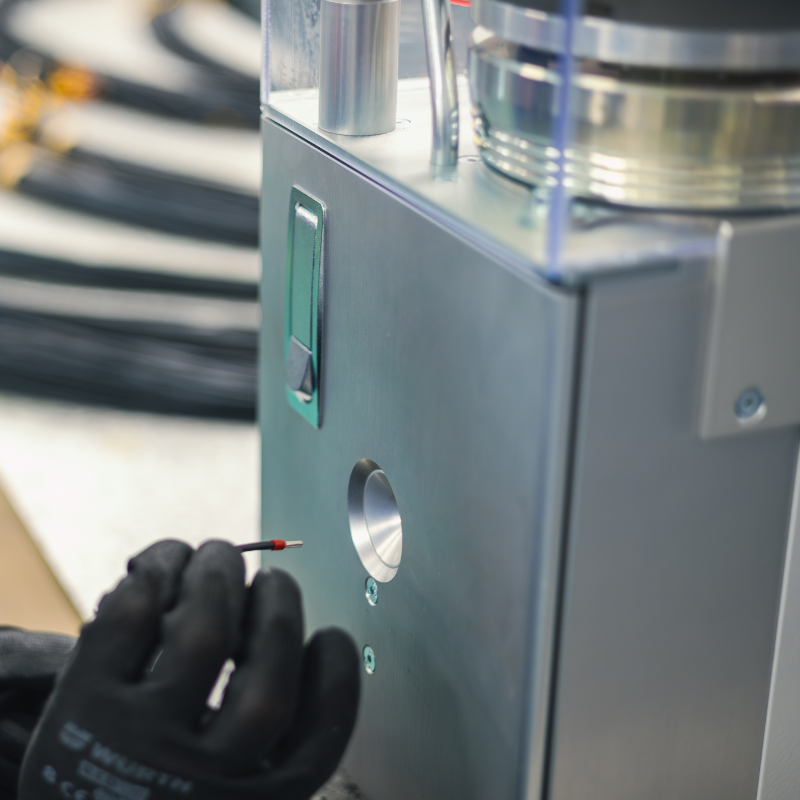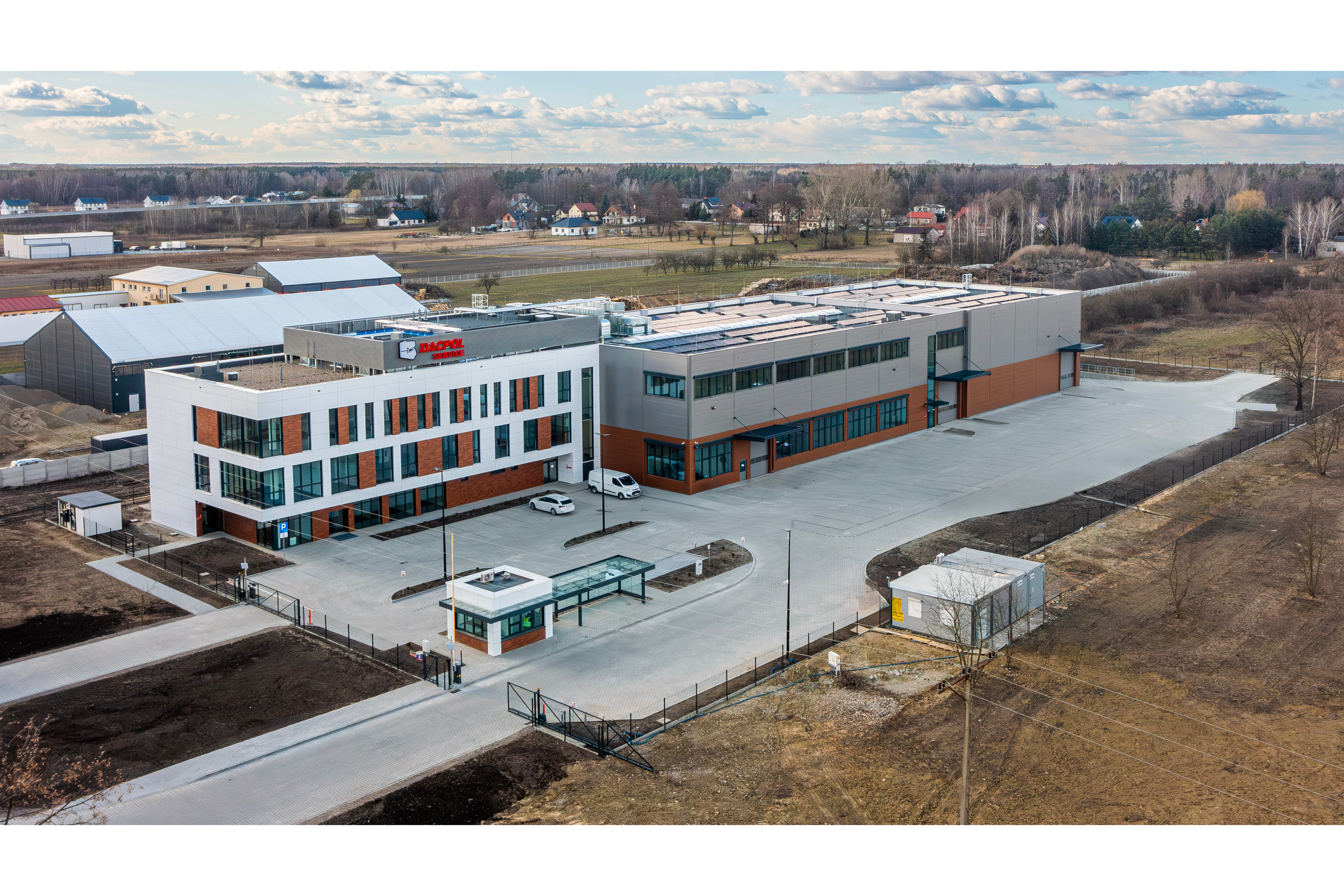

Category


Photos are for informational purposes only. View product specification
please use latin characters
The Dacpol Service company supports its clients throughout the entire process of building energy storage systems. We help define the needs of the future user and determine the power demand, based on which we proceed to design and then install the system. We offer complete engineering support from the design process, through component selection and procurement, to assembly. We provide advanced electromechanical and electrotechnical services, executing both long- and short-term projects.
AS A CONTRACT PARTNER, WE IMPLEMENT PROJECTS SUCH AS:
In addition to standard activities, thanks to the high qualifications of our engineering team and innovative technology, we often engage in research and development work, enriching our portfolio.
WE ARE WITH YOU AT EVERY STAGE OF YOUR PROJECT!



The commissioning of the new production building in Mikówek near Góra Kalwaria is an important step in the development of our assembly services. The modern space, equipped with an expanded warehouse and office facilities, allows us to carry out more demanding projects, including those with larger dimensions. This investment significantly enhances comfort and translates into an even higher level of service for our customers.
We invite you to cooperate with us!
Are you interested in this product? Do you need additional information or individual pricing?
The Dacpol Service company supports its clients throughout the entire process of building energy storage systems. We help define the needs of the future user and determine the power demand, based on which we proceed to design and then install the system. We offer complete engineering support from the design process, through component selection and procurement, to assembly. We provide advanced electromechanical and electrotechnical services, executing both long- and short-term projects.
AS A CONTRACT PARTNER, WE IMPLEMENT PROJECTS SUCH AS:
In addition to standard activities, thanks to the high qualifications of our engineering team and innovative technology, we often engage in research and development work, enriching our portfolio.
WE ARE WITH YOU AT EVERY STAGE OF YOUR PROJECT!



The commissioning of the new production building in Mikówek near Góra Kalwaria is an important step in the development of our assembly services. The modern space, equipped with an expanded warehouse and office facilities, allows us to carry out more demanding projects, including those with larger dimensions. This investment significantly enhances comfort and translates into an even higher level of service for our customers.
We invite you to cooperate with us!
Your review appreciation cannot be sent
Report comment
Report sent
Your report cannot be sent
Write your review
Review sent
Your review cannot be sent
